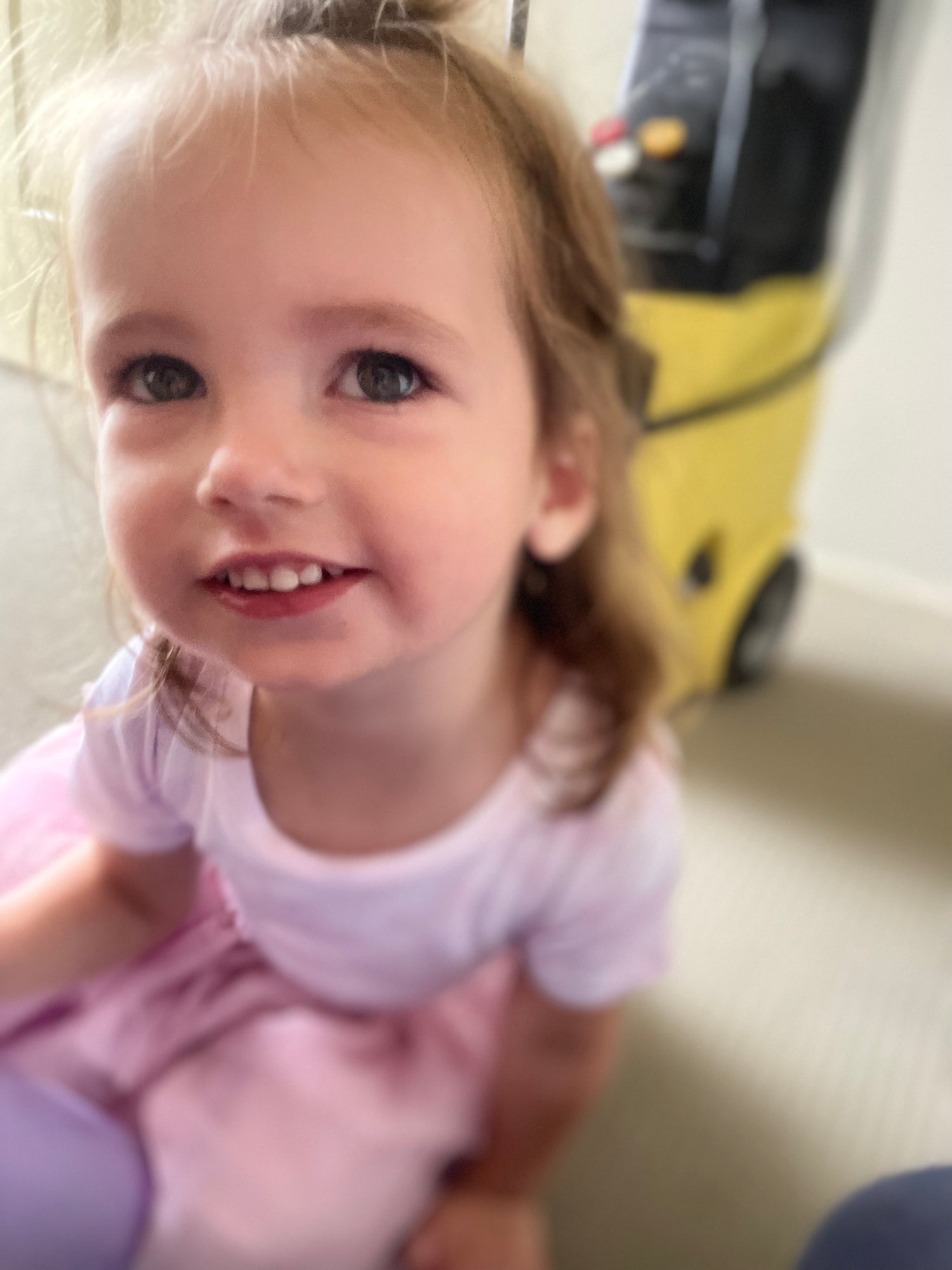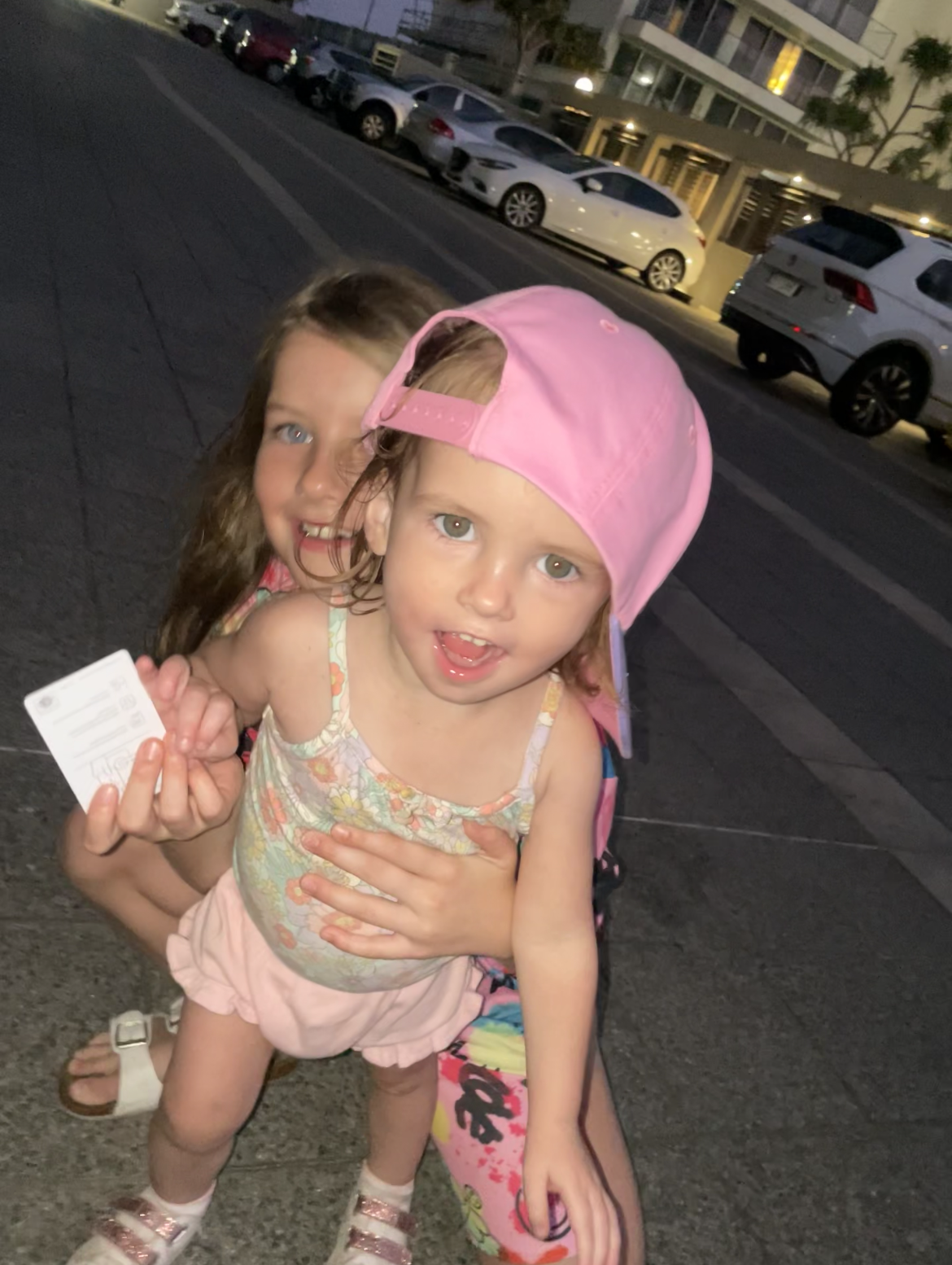
March Warrior
Scarlett
One Friday afternoon, Scarlett's family attended a birthday party with their eldest daughter.
Scarlett, only 6 months old at the time, started twitching and then fell asleep. Concerned, her mother placed her in the car to head home, but Scarlett's twitching intensified, turning into a full tonic-clonic seizure.
There was no ETA on the next available ambulance so a friend drove them to the hospital.
Scarlett’s seizure went for over an hour. Despite a four-day hospital stay and numerous tests, no answers came out of it, and doctors reassured the family saying it was probably just a once off. As a precaution, though, they were sent home with rescue medication.

Weeks later, Scarlett experienced a second seizure – lasting 30 minutes – and this prompted her first anti-epileptic drug (AED).
Over time, Scarlett faced several challenges with medication, failing 5, being allergic to 3, enduring severe side effects and various seizure types.
Initial suspicions of Dravet syndrome led to genetic testing, eventually identifying SCN1B gene mutation.
The journey so far has not been easy for Scarlett’s family. Especially for her big sister who has had to miss out on things while Scarlett was in hospital or when the safest option to avoid seizure triggers was to stay home.
But after 11 weeks seizure-free, she's making progress developmentally.

Despite the difficulties, Scarlett's family remains strong, making the most of each day and advocating fiercely for her care.
They've learned not to take anything for granted and to embrace life to the fullest.
Scarlett has a resilient and loving family supporting her – her sister is a huge help when seizures strike, supporting Scarlett and assisting her parents.
Through it all, her mother emphasises the importance of advocating for our kids. Epilepsy presents so differently in everyone, and medications work differently for everyone too.
She urges others to challenge their medical teams and push for the best care possible, because we know our kids best.
